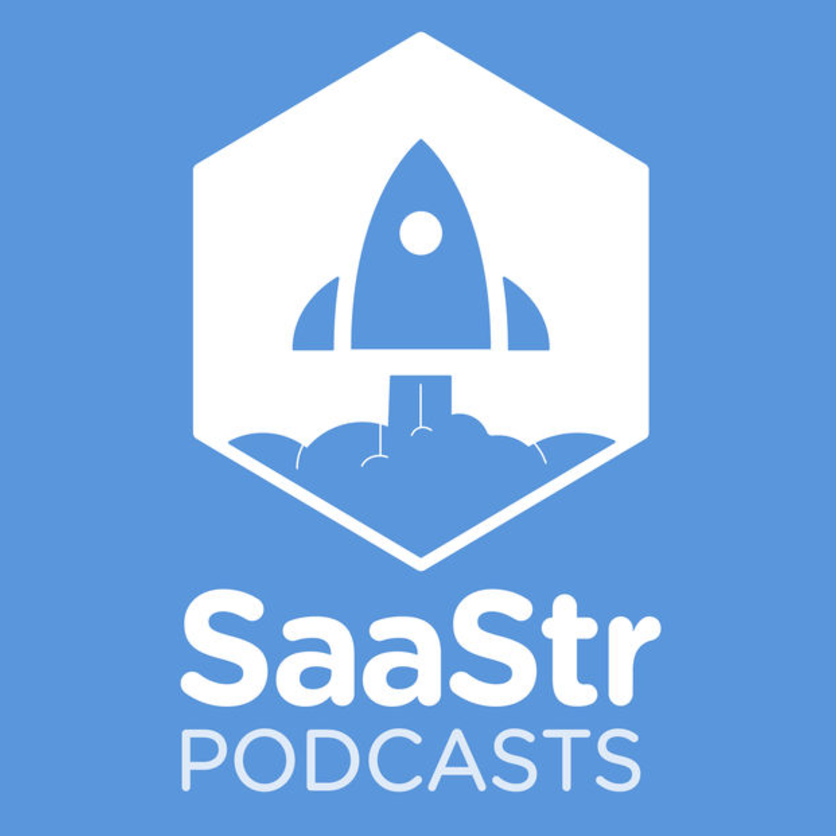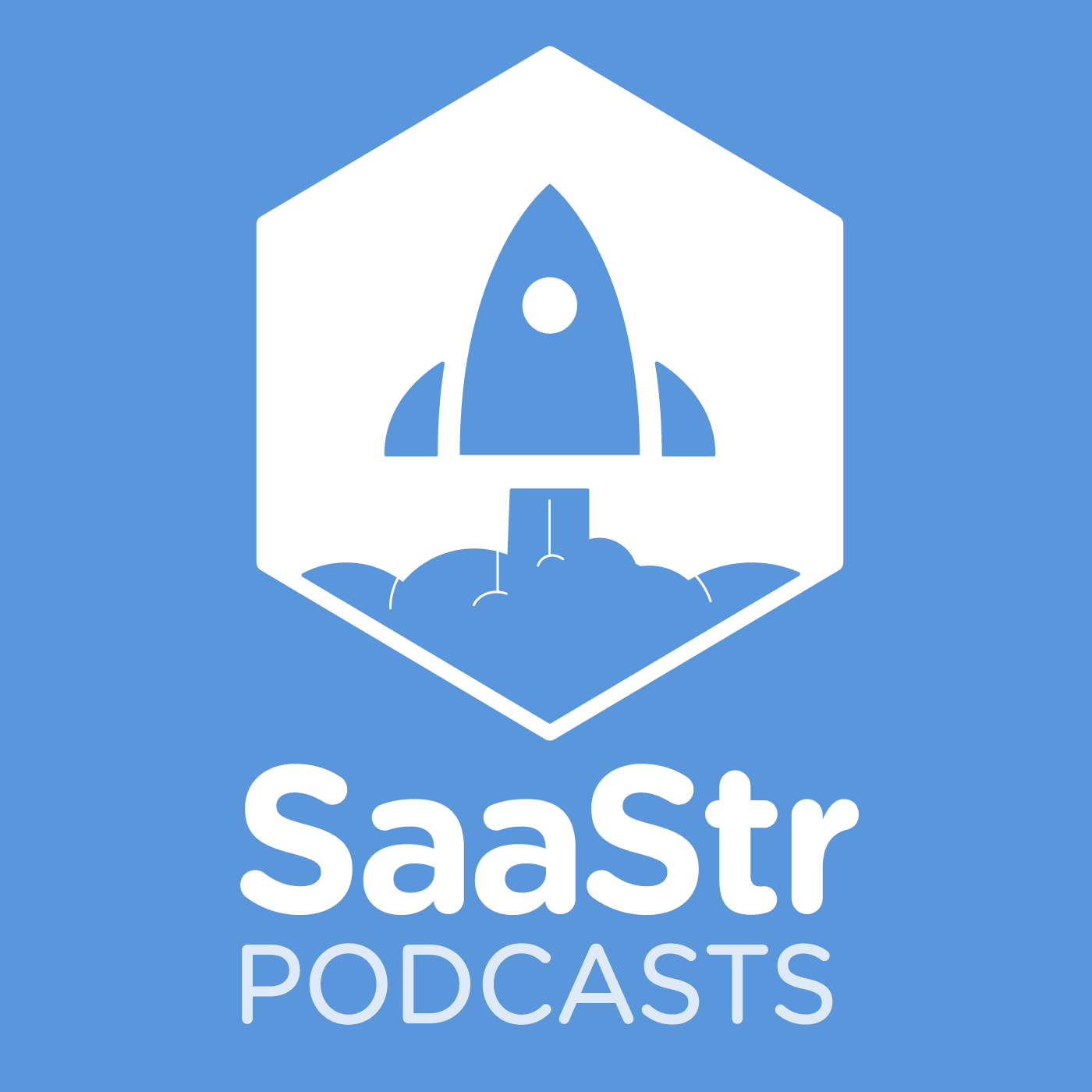Greg Sands is the Founder & Managing Partner @ Costanoa Ventures, one of the leading early stage enterprise funds on the West Coast with their latest $175m fund, raised earlier this year. At Costanoa, Greg has made investments in the likes of Intacct (acquired by Sage for $800m), Quizlet, DemandBase and previous guest, Grovo, just to name a few. Prior to founding Costanoa, Greg was a Managing Director at Sutter Hill, where he was an early investor in the likes of Feedburner, AllBusiness, and Return Path. Before Sutter Hill, Greg was on the other side of the table as the first hire at Netscape after its founding engineering team. As Netscape’s 1st Product Manager, Greg wrote the initial business plan, coined the name Netscape, and created the SuiteSpot Business Unit, which he grew from zero to $150m in revenue. He also served as Manager of Business Development at Cisco where he architected a global channel management plan.
In Today’s Episode You Will Learn:
- How did Greg make his way into the world of SaaS as the first non-engineering hire at Netscape and then make his way into the world of SaaS investing, subsequently?
- Why does Greg completely disagree with the hailed notion of, “The Rule of 40”? Why does Greg believe it has achieved such status and recognition in market today? Where are the large nuances? If not the rule of 40, what metrics and benchmarks should early stage SaaS founders be focussing on?
- If we disregard “The Rule of 40”, how does that impact the emphasis that should be placed on profitability? Tom Tunguz stated on the show, ““growth is the largest determinant of value at IPO, not profitability”. What are Greg’s thoughts on this?
- In that scaling process, Greg has said to me before, “the first hire in every function should be a Swiss army knife hire and most people go wrong”. What does Greg mean when he says a Swiss Army Knife, how does that change in marketing vs sales? Where do most people go wrong within this?
- How does Greg define the different phases of product market fit? Why does Greg advocate that all founders approach product market fit with a “crawl, walk, run” approach? What examples does Greg have where this has worked and what specifically about this allowed it to work so well?
60 Second SaaStr
- Logos or expansion?
- Pros and cons of usage based pricing?
- What does Greg know now that he wishes he had known in the beginning?
If you would like to find out more about the show and the guests presented, you can follow us on Twitter here:







